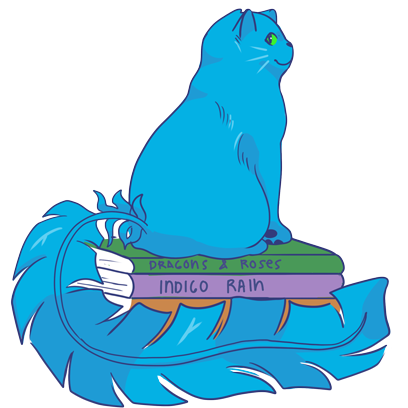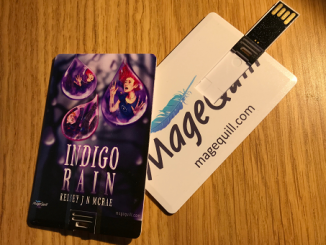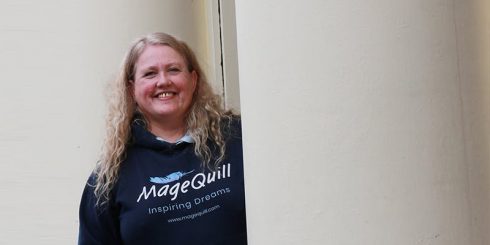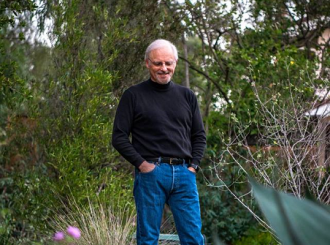Playful Rebels: How MageQuill Seeks to (Re)define the Storytelling and Publishing Space
by Swara Shukla · Published · Updated
When it comes to the publishing space, being bold, experimental, flexible, and veritably rebellious can definitely be steps towards building inclusive and eclectic frameworks. As part of a young writers’ Q&A panel on Saturday (24th November 2018) – one in a series of publishing and writing events in Glasgow for Book Week Scotland – I reaffirmed to both my audience and myself how MageQuill takes small but significant ideological steps to subvert publishing norms.
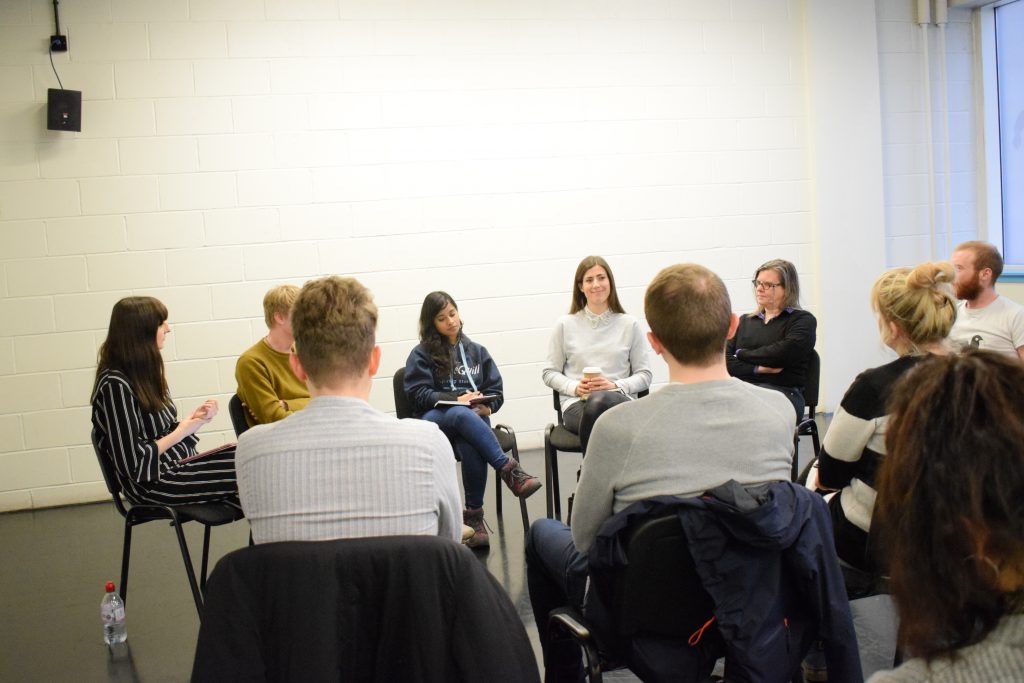
Sitting down to write this article to see how MageQuill are “rebels” – that connotatively expansive word that Book Week Scotland has sought to explore this year – I hark back to the proverbial beginning; my interest in applying for the company. The first arguably subversive aspect I noticed about MageQuill and our partner publishing brand, Bombadil Publishing was the effort to reverse the power-dynamic defining the publishing industry, so to speak, especially for young and aspiring authors. Instead of the authors reaching out to us, it’s the publishers reaching out to them. Bombadil aimed to identify young voices-in-the-making – and to remove the pressure on them to create something “final”. With our manuscript-creation tool MageQuill, we try to create an approachable space where writers can develop, evolve, and eventually move their stories towards potential publication. And through this platform, we ask you to write a story instead of waiting for you to tell us you have written a story.
Even though Bombadil is a traditional publishing brand, the partnership of Bombadil and MageQuill removes a lot of normative or conventional elements in the publishing industry. Since we invest in ideas or stories, we don’t work with literary agents and there are no middlemen; the platform aims to provide tools and hands and brains to help move a story towards a final stage, rather than work directly on the final product. Which means no pitches or worries about being “marketable” enough as an author (a very real concern for me in my publishing classes, when I thought I didn’t have anything interesting to craft for myself as an author if I was to approach publishers). Our publishing ethos dictates that our first step is always to invest in the storytelling potential of the author. We see it as a very interactive, symbiotic dynamic; you give us the story and we give you the tools to craft it. One of the strongest proponents of this idea is our decision to do away with the term “editors” to make way for “peers”, “readers” and “mentors” as constituents of a community for young authors to build their stories within.
Starting with a target-audience of 13 to 26-year-olds, we now also have a group of 8-12 year-olds (lovingly labeled “MiniQuills” by our team) from The Ardee School in India. Our ongoing Skype interactions with them involve hearing about their ideas for stories and how excitedly they talk about them. On a very fundamental (and sentimental) level, it is this burning passion and bounce-on-your-feet excitement about stories that we seek to keep alive. Aside from our efforts to create an affable and responsive online community, we are consequently also conscious of our tone. This is where our decision to be experimental, flamboyant, and “playful” comes from – simply because being uptight professionals would be counter-productive to our agendas and our younger demographic. We have a virtual mascot that we like to call The Blue Scottish Cat. A core component of our MageQuill branding, it aims to reflect our belief in the playful nature of storytelling as an interpretive character-spokesperson for the platform (and, well, our love for cats and the colour blue).
As a member of this team and writing-and-publishing enthusiast, I am firmly invested in the facets that I see as our rebellious streak, something that we only seek to grow as we grow as a company. The idea of reaching out, of community-building to seek out latent ideas and seeds of stories, and pulling them out in the open, and having fun along the way; I see them as our little acts of rebellion against the stringent norms and often hierarchical frameworks of the publishing industry. Admittedly, we are largely conceptual at the moment, but we know what we are taking steps towards and why; as they say, go big or go home, right?

